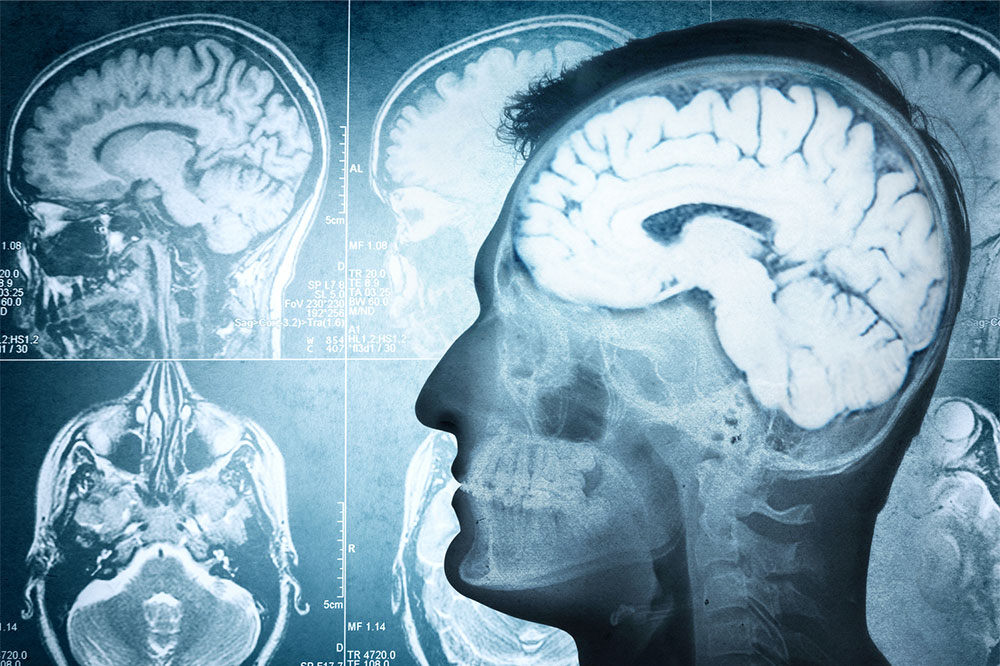Comprehensive Strategies to Enhance Brain Health and Cognitive Longevity
This comprehensive article explores evidence-based strategies to promote brain health and sustain cognitive function through nutrition, personalized care, and supportive technology tailored for aging populations. It highlights essential foods, healthcare solutions, and innovative devices that help prevent cognitive decline and enhance quality of life for seniors, emphasizing proactive steps for healthy aging.

Effective Strategies to Promote Brain Health and Sustain Cognitive Function Over Time
As we age, changes in our cognitive abilities are inevitable, but proactive lifestyle choices can significantly influence the rate and extent of cognitive decline. Aging gracefully involves more than just accepting these changes; it requires implementing targeted strategies to support brain health, preserve memory, and maintain mental agility. This article delves into scientifically backed approaches, including nutrition, personalized healthcare, and supportive technology, aimed at optimizing brain function throughout our later years.
Top 5 Nutrient-Rich Foods That Boost Brain Power
A substantial portion of brain tissue comprises fats, particularly omega-3 fatty acids, which are vital for maintaining optimal cognitive function. Regular consumption of nutrient-dense foods can contribute to healthier aging and help protect against neurodegenerative diseases. Here's a detailed look at the most beneficial foods for supporting brain health:
Fatty Fish: Salmon, tuna, trout, herring, and sardines are rich in omega-3 fatty acids, especially EPA and DHA, which are essential for maintaining neuron integrity and enhancing communication between brain cells.
Plant-Based Omega Sources: Vegetarians and vegans can incorporate avocados, walnuts, chia seeds, and flaxseeds into their diets—all excellent sources of healthy fats that support cognitive processes.
Berries and Antioxidants: Blueberries, strawberries, and blackberries contain antioxidant compounds like anthocyanins, which combat oxidative stress, reduce inflammation, and slow brain aging while improving memory retention.
Leafy Green Vegetables: Foods such as spinach, kale, broccoli, and collard greens are rich in lutein, vitamin K, nitrates, and folates—all nutrients linked to better cognitive function and neuroprotection.
Whole Grains: Brown rice, quinoa, oats, and buckwheat provide complex carbohydrates that supply a steady energy source for the brain, supporting focus and mental clarity.
Incorporating these foods into daily meals promotes neural health, helps prevent cognitive decline, and boosts memory and concentration.
Personalized Healthcare and Support Systems for Cognitive Well-Being
Beyond diet, accessible healthcare resources and tailored support services play a crucial role in sustaining brain health. Specialized programs ensure that individuals receive proper assessments, treatments, and mental health support, especially for seniors and those experiencing initial signs of cognitive impairment. For example, providers like Optum Care facilitate comprehensive care by connecting clients with local healthcare practitioners, assigning case managers, and offering ongoing community-based and virtual support. These initiatives foster continuous engagement, education, and treatment adherence, ultimately improving quality of life and cognitive resilience.
Technology Solutions Designed for Elderly Safety and Cognitive Support
Technological innovations tailored for seniors are vital in fostering independence and ensuring safety, especially for those facing mobility or cognitive challenges. User-friendly mobile devices and emergency alert systems are integral components of modern senior care. Companies like Lively® (formerly GreatCall) develop straightforward phones and smart devices with essential safety features, such as SOS buttons, fall detection, and GPS tracking. These devices are designed for durability and ease of use, often paired with affordable plans that accommodate limited usage. Such technology not only provides peace of mind for seniors and their families but also encourages active participation in social and health-related activities, thus supporting cognitive health.




